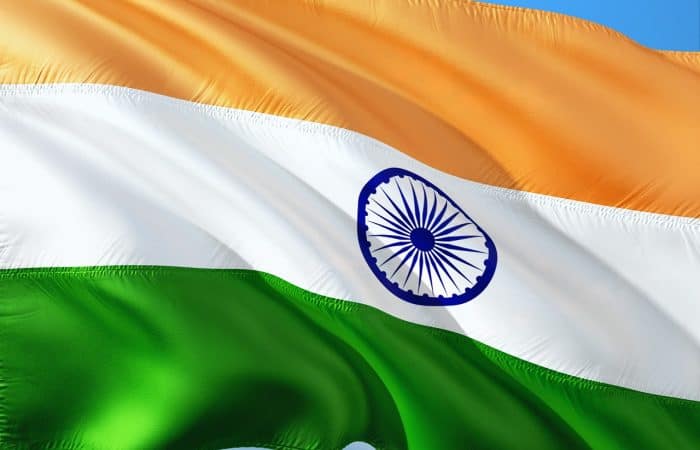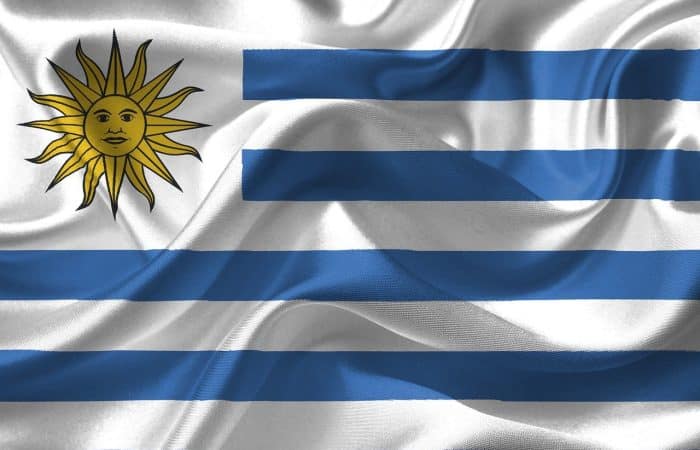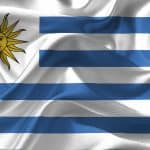At the seminar we are organizing on 11 October 2022, we will discuss ‘trade compliance in international trade’ in more detail. Not only the trade sanctions discussed in this blog, but also compliance in the international supply chain. You can still register for this seminar via the button below. Important note: the seminar will be presented in Dutch.
More info & Registration
In the face of Russian threats to use nuclear weapons and considering the holding of referenda deemed illegal by the EU in the occupied Ukrainian territories, the European Commission proposed an 8th package of sanctions against Russia on 28 September 2022. The Commission’s initiative was also closely followed by the UK, whose Foreign Secretary announced on 30 September 2022 a new ban on services and goods to weaken certain sectors of the Russian economy.
The EU ambassadors agreed on this 8th round of sanctions against Russia on Tuesday night (5 October 2022) and the European leaders are meeting in Prague on this day and tomorrow (6/7 October 2022) to finalize the agreement. The agreement will be formalized if all 27 EU Member states welcome the text and if no objection is raised.
The Commission’s objective is to further strengthen the European mechanism against Russian access to European technologies that could directly or indirectly support its war effort.
To this end and according to the Czech Presidency’s series of tweets, the 8th sanctions package contains:
- A significant increase in individual sanctions against individuals directly or indirectly supporting Russia’s actions vis-à-vis Ukraine. According to the Commission’s Vice-President, more than 1300 people and entities would be newly listed, including key decision makers, oligarchs, senior military officials and propagandists deemed responsible for undermining Ukraine’s territorial integrity.
- The extension of trade bans with Russia, which includes the addition of new products banned for export and import such as steel and steel products, imports of wood pulp and paper, imports of machinery and appliances not yet covered by existing sanctions, and imports of intermediate chemicals, plastics, and cigarettes. Moreover, the export of EU goods used in aviation, such as tires and brakes, and the export of electric components, including certain semiconductors and less sophisticated components than those already banned will be further restricted. According to the Czech EU presidency, the new batch of sanctions will also further extend the ban on providing services that could benefit Russia. Additionally, it will become prohibited for EU nationals to sit on governing bodies of Russian state-owned enterprises.
- The creation of a new category of sanctioned persons, in order to prevent the circumvention of EU sanctions. Persons likely to be placed on this list circumvent the sanctions by, for instance, buying goods in the Union before exporting them to a third country with the intention of then exporting them to Russia.
- Finally, to limit Russia’s ability to finance itself through oil sales, the EU has already agreed to ban Russian crude oil by sea in the European Union from 5 December 2022. However, in order to allow developing countries to continue to be supplied, a cap on the price of oil will be put in place for third countries. The 8th package of sanctions lays down the legal basis for this price-cap, the principle of which has been adopted by the G7. Based on public information, this measure will most likely affect the shipping industry of Greece, the Greek Cypriot administration, and Malta.
Note that in parallel to these new measures, the sanctions applicable to Crimea, to Donetsk and Luhansk will be extended to non-government-controlled areas of Ukraine, including the oblasts of Zaporizhzhia and Kherson.
More information
For more information, please find the statement of the president of the EU Commission here, that of its vice-president here and the Czech Presidency’s series of tweets here. Or feel free to reach out to our Trade, Industry and Logistics lawyers:




